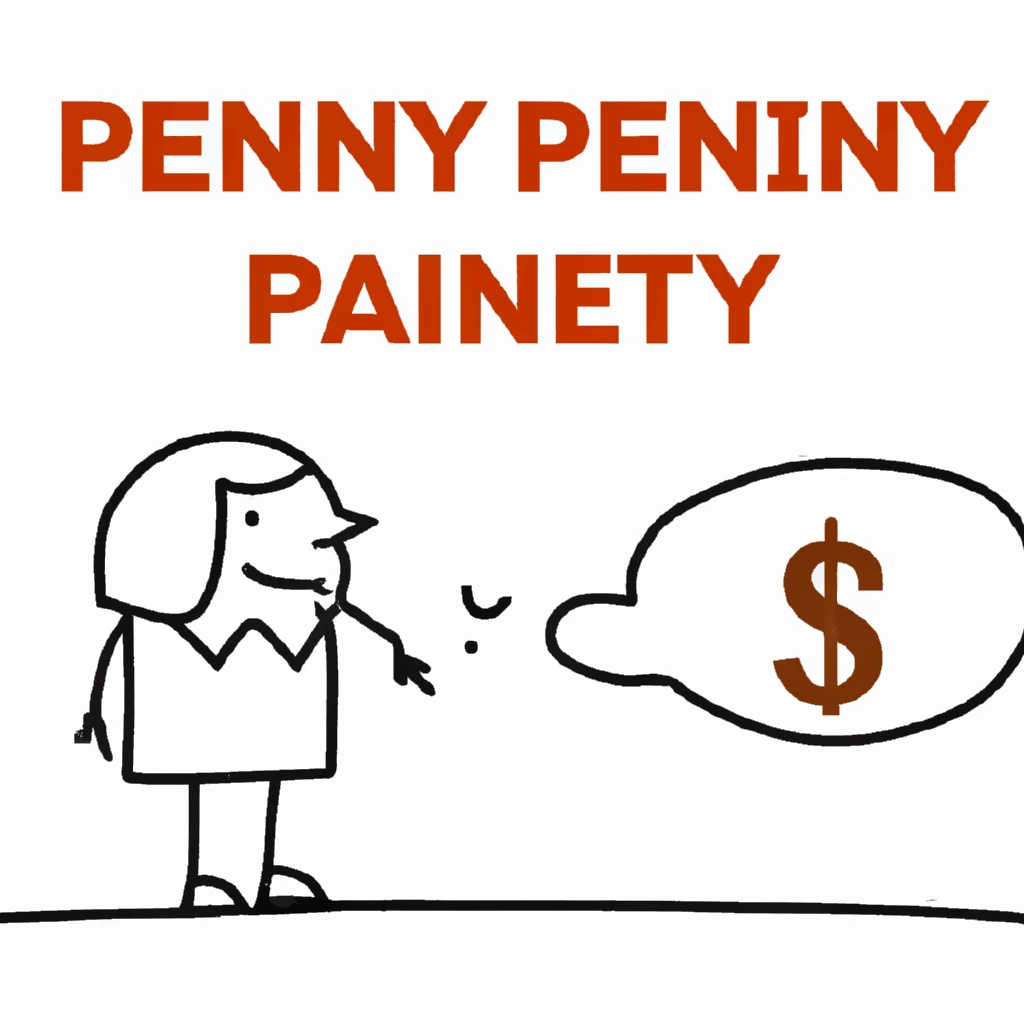
Understanding the Impact of Interest Rates on Investments
Key Takeaways
- Adjust your investment portfolio to account for changing interest rates.
- Explore opportunities in banks, brokerage firms, tech, healthcare, and cash-rich companies.
- Consider real estate investments and short-term/floating-rate bonds during rate hikes.
- Manage inflation risks with Treasury Inflation-Protected Securities (TIPS), commodities, and REITs.
- Maximize returns with credit-based yields from high-yield debt and emerging market bonds.
1. Invest in Banks and Brokerage Firms
Banks and brokerage firms benefit from higher interest rates, leading to increased interest income and profit margins as borrowing costs rise.
While low rates stimulate borrowing, banks leverage fees and commissions to maintain profitability.
2. Invest in Cash-Rich Companies
Cash-rich companies with low debt and substantial cash reserves benefit from higher rates, enhancing interest income.
A prudent approach is to avoid cash-hoarding by growth-oriented businesses.
3. Buy When Rates Are Low
Seize low-rate opportunities for property or asset purchases to lock in favorable long-term financing.
Anticipate rate hikes by monitoring economic conditions for strategic investment decisions.
4. Invest in Technology and Health Care
Tech and healthcare sectors offer growth potential by reinvesting profits, aligning with long-term investment strategies.
5. Embrace Short-Term or Floating Rate Bonds
Diversify with short-term or floating-rate bonds to mitigate portfolio volatility during rising rates.
Adopt a multi-asset strategy for enhanced market risk management and ROI.
Leverage flexible portfolio managers for tailored investment approaches.
6. Invest in Payroll Processing Companies
Payroll processors benefit from higher interest revenues as rates climb amidst larger cash balances.
Consider industry leaders like Paychex, Automatic Data Processing, and Paylocity for investment opportunities.
7. Sell Assets
Capitalize on asset sales before rate hikes to attract buyers seeking low-rate financing, benefiting from premium prices.
8. Lock in Long-Term Supply Contracts
Secure long-term supplier contracts to shield your business from price spikes due to increasing rates.
9. Buy or Invest in Real Estate
Leverage real estate investments or REITs to capitalize on rising prices driven by increasing interest rates.
Rise above rate challenges by strategic investment planning and diversification.
Inflation Hedge
Mitigate inflation risks with TIPS, commodities, REITs, and equity investments for sustained growth and returns.
Credit-Based Yield
Embrace credit-based yields through high-yield debt and emerging market bonds to enhance investment income.
- High-yield debt offers high yield fundamentals similar to REITs.
- Explore private debt sources like first-lien loans for potential growth opportunities.
- Diversify with debt from emerging markets for favorable returns.
Are Bonds Good Investments When Interest Rates Rise?
Investigate bond types that align with your investment goals, with short to mid-term bonds often favored during rate hikes.
Do High Interest Rates Attract Investments?
Higher rates draw foreign investment through increased currency value, while low rates deter investors due to potential currency devaluation.
What Happens to High Yield Bonds When Interest Rates Rise?
High-yield bonds see yield adjustments as rates fluctuate, offering potential advantages despite market variations.
The Bottom Line
Strategically consider interest rates in your investment decisions for optimal returns and risk management.
For informational purposes only; consult finance professionals for personalized investment advice.







